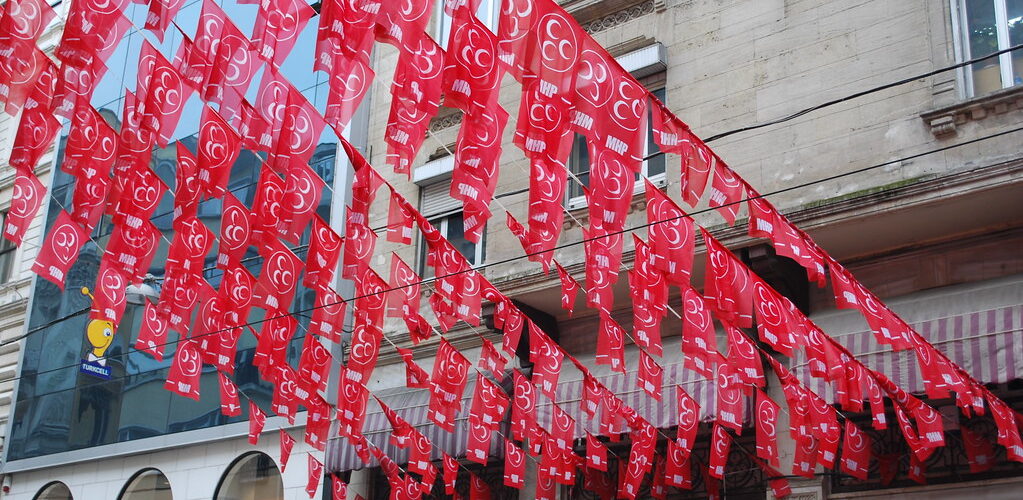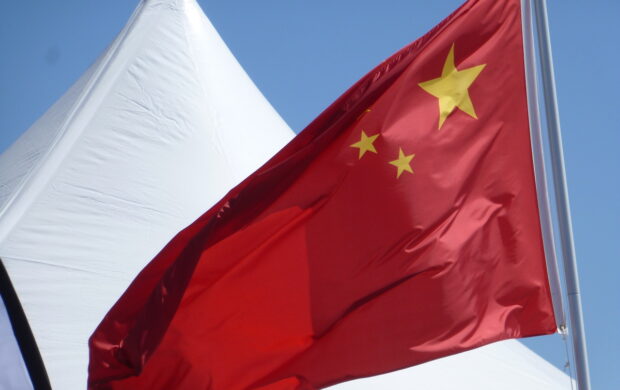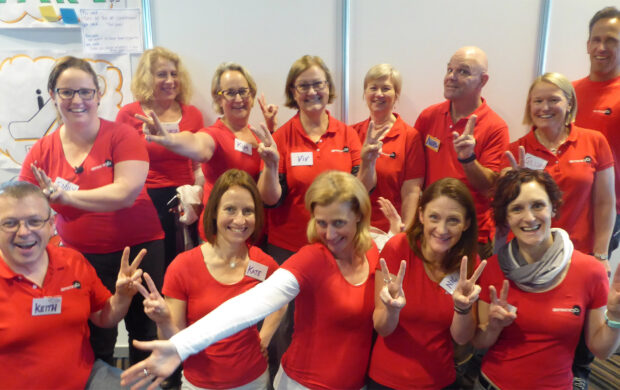When Istanbul’s mayoral election was forced into a rerun after a rare opposition victory in March, many feared conflict and further division would be the outcome in a nation that is already highly polarised. However an extraordinary election campaign ensued, where the opposition candidate Ekrem Imamoglu called for and enacted a strategy of ‘Radical Love’. “They want conflict from us,” İmamoğlu told his furious supporters on the night he was deposed from office. “But we, the people who do not want this nation to fight, we will insist upon embracing each other.”

Imamoglu led a campaign that subverted polarisation by refusing to be polarised, and reached out to government supporters as fellow humans deserving of love and respect. A campaign playbook, ‘The Book of Radical Love’, spelled out the approach in practical terms. When the election was rerun on 23rd June, Imamoglu’s previous thin margin of victory was turned into a landslide.












